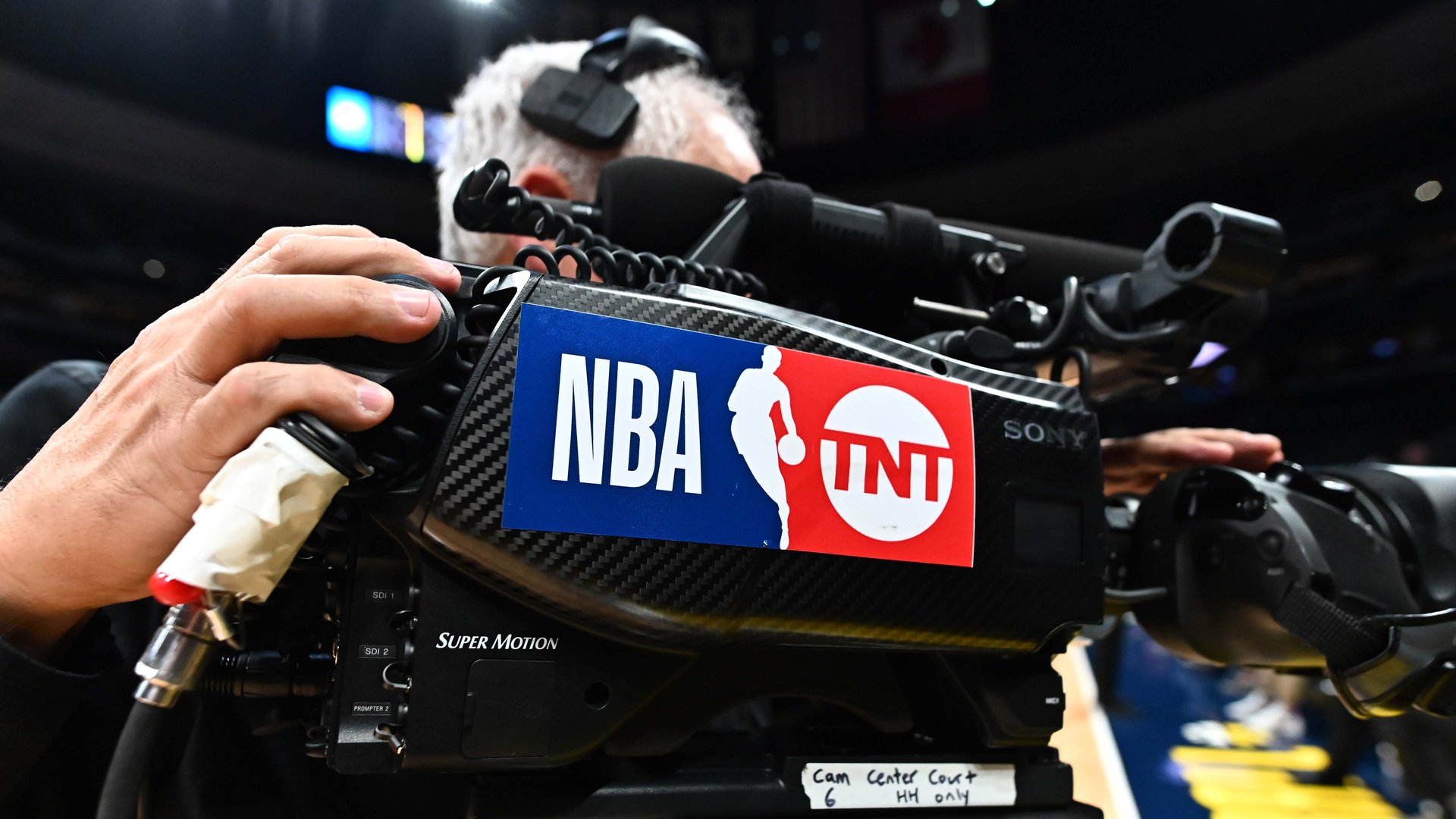Quarantined Americans are quitting cable because they can’t watch sports
The coronavirus pandemic has been great for streaming services as consumers quarantine at home and watch more video. The same can’t be said for regular TV.


The coronavirus pandemic has been great for streaming services as consumers quarantine at home and watch more video. The same can’t be said for regular TV.
AT&T reported it lost another 886,000 cable and satellite TV subscribers in the second quarter of 2020. The telecommunications giant—the second largest TV provider in the US behind only Comcast—lost about the same number of TV subscribers in the previous quarter. Its total subscriber base has eroded 18% in the last year alone.
If sports were still on TV, AT&T and other providers may have been able to temporarily slow down the acceleration of cord-cutting. But without sports, expensive TV bundles don’t offer consumers enough value. Countless surveys of pay-TV customers say that live sports are a major reason why they continue to pay for their subscriptions.
The major US sports leagues have been on hold since March. Some smaller sports, like soccer, golf, and lacrosse, have resumed televised play in recent weeks. But football, basketball, baseball, and hockey have been off the air. Major League Baseball returns to TV today, while the National Basketball Association and National Hockey League are supposed to restart their seasons later this month. The National Football League tentatively plans to go ahead as scheduled in early September.
That’s great news for AT&T and their advertisers. The company estimated it lost $170 million in TV advertising revenue this quarter directly due to Covid-19. In a normal year, the NBA playoffs would have aired on TNT, one of AT&T’s many cable networks. Some analysts are predicting the return of professional sports could lead to record TV ratings, and possibly even reverse the cord-cutting trend due to all the pent-up demand.
But any reversal to the trend will be temporary. The underlying factors behind cord-cutting are unchanged: Traditional cable is too expensive and inflexible for consumers, while streaming offers cheaper, more user-friendly alternatives (which are often free of annoying ads).
To hedge its bets, AT&T launched its own standalone streaming service, HBO Max, in May. The service had an underwhelming 4.1 million subscribers a month after launch, the company reported (it’s not yet available on Roku or Amazon devices). AT&T’s goal is to reach 50 million subscribers by 2025.
Even more ominous for AT&T is that in addition to bleeding traditional TV customers, it’s also losing subscribers from its internet-based TV services like AT&T Now, which were meant to provide broadband users a way to watch TV without signing up for complicated cable or satellite bundles.
But those services have now lost subscribers for seven quarters in a row. Americans are increasingly rejecting the very idea of a TV bundle—even when it’s delivered via the internet. Sports may help, but they won’t stop the mass exodus from a pay-TV system more and more Americans believe is outdated.